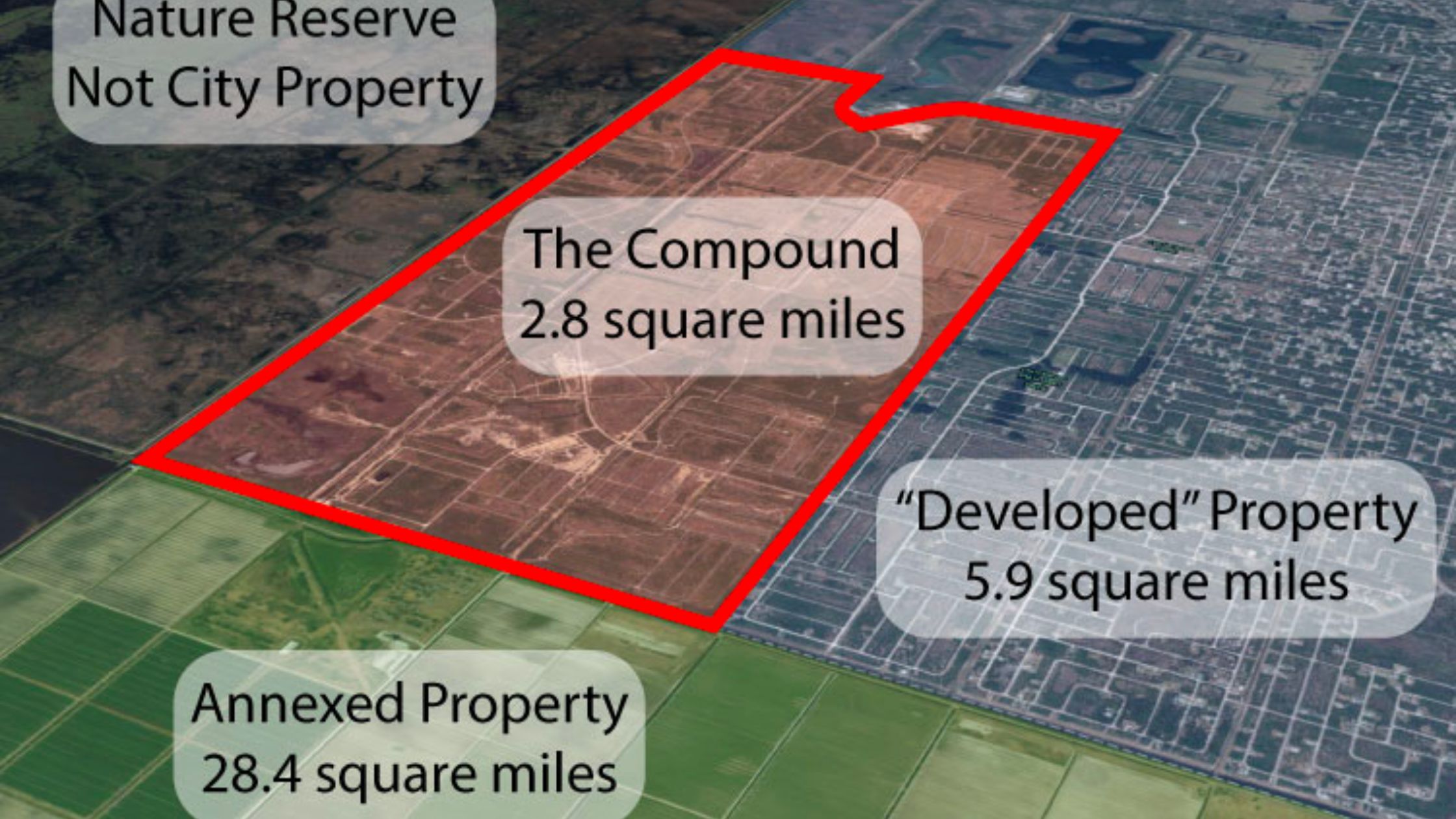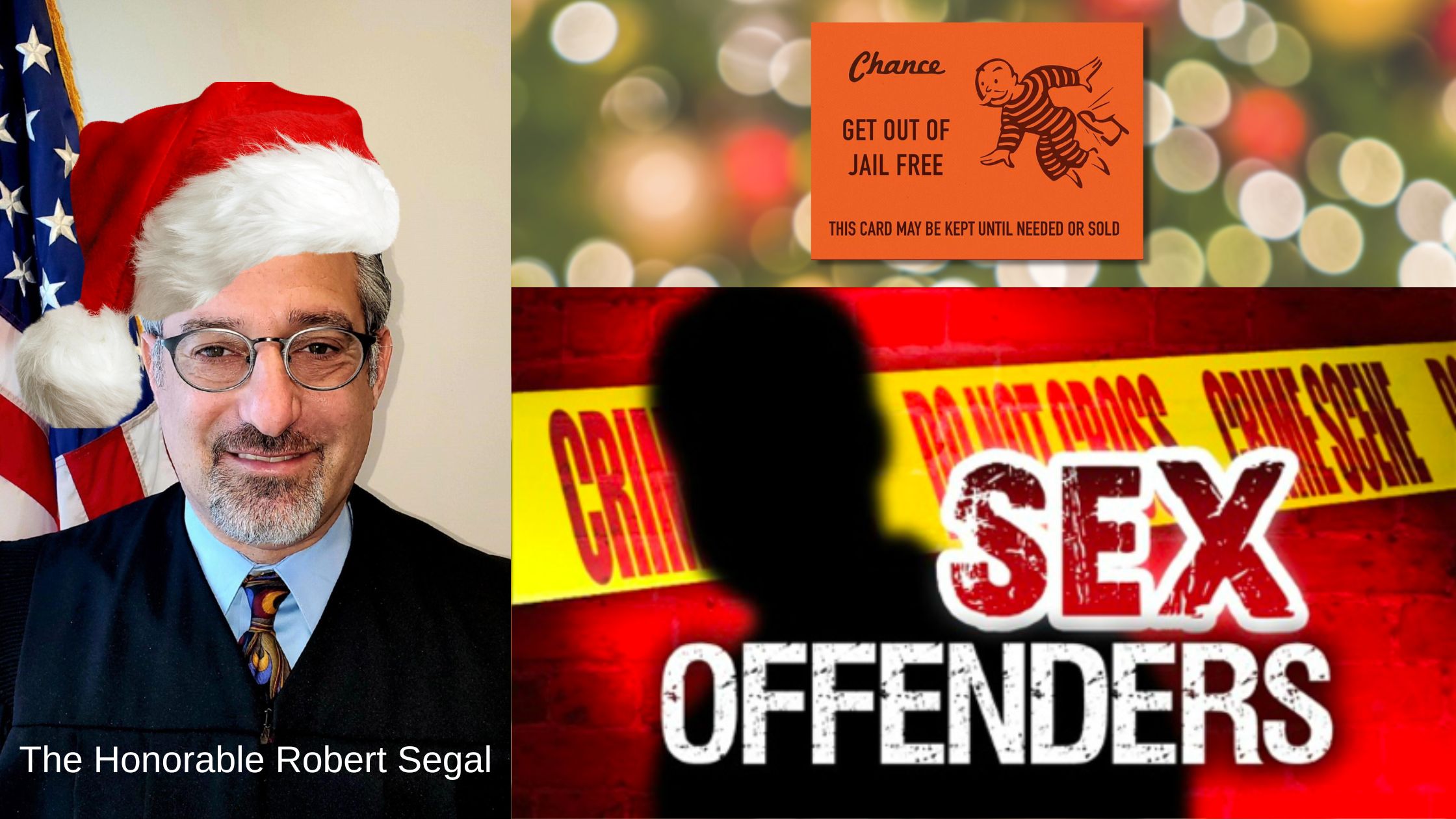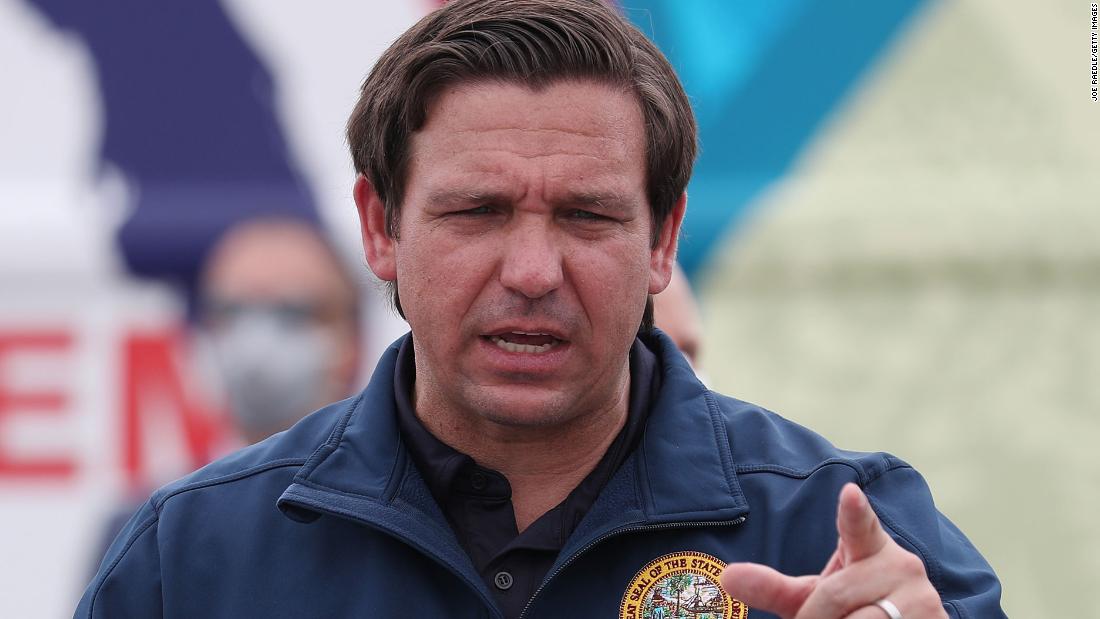Congressman Bill Posey (FL-8) along with Reps. Elise Stefanik (NY-21), Andrew Garbarino (NY-02), Nicole Malliotakis (NY-11), Claudia Tenney (NY-22), and Greg Steube (FL-17), introduced the Local Law Enforcement Protection Act (H.R.4500), which protects qualified immunity for police officers serving at the state and local levels across the country.
The legislation reaffirms the Supreme Court case, Saucier v. Katz, which held that a police officer is only liable if an individual’s constitutional rights have been clearly violated. The Local Law Enforcement Protection Act would prevent state and local governments that remove qualified immunity protections for police from applying for certain federal grants.
“Law enforcement officers put their lives in harm’s way to ensure our communities are safe each day. I find it shameful that House Democrats continue to call for the police to be defunded and for qualified immunity to end, especially as crime and attacks against police are on the rise in America,” said Congresswoman Tenney. “It is imperative that we stand with law enforcement to ensure they’re not subject to harassment and frivolous litigation simply for doing their jobs. I’m honored to introduce the Local Law Enforcement Protection Act with my colleagues and to stand with our heroes in blue.”
“Our law enforcement officers protect our businesses, homes, and neighborhoods, at great personal risk to themselves and their families”, said Congressman Posey. “We should not deprive them of the same protections that we extend to other government employees. Rather, we should make sure our law enforcement officers continue to have the support they need to safely and successfully do their jobs and keep the peace.”

The past two years have marked the deadliest period for law enforcement in decades with hundreds of law enforcement officers being killed in the line of duty. As several states and localities have reduced police budgets significantly and are now eroding qualified immunity protections, the Local Law Enforcement Protection Act provides the necessary legal protections to police officers serving the communities with honor and integrity.
“Our local law enforcement put their wellbeing on the line each day in order to protect and serve our communities, and we must support them by enacting policies that better equip them to do their job,” said Congresswoman Stefanik. “I am proud to join Congresswoman Tenney in upholding our commitment to defend our police and qualified immunity. While House Democrats continue to support policies that would defund our police and make our communities less safe, House Republicans will always stand up for the law enforcement community.”
“Despite divisive rhetoric and rampant anti-police sentiment, Police officers still wake up every day and put their lives on the line to protect our communities,” said Congressman Garbarino. “We owe it to them to return the favor by protecting their ability to do their job without fear of liability and frivolous legal battles.”
“I’m proud to join my colleagues in introducing this critical piece of legislation that would protect qualified immunity for our police at the state and local level,” said Congresswoman Malliotakis. “Sadly, New York City’s decision to cut the NYPD budget by nearly $1 billion and remove qualified immunity has led to 500 fewer detectives on our street and a 75% increase in department retirements – something our City cannot afford as we are facing the effects of skyrocketing crime every day. Our officers deserve protection from frivolous lawsuits and financial hardship for putting their lives on the line to protect our communities.”
Details of the Local Law Enforcement Protection Act
· Ensures all states follow the U.S. Supreme Court decision in Saucier v. Katz, which found that a law enforcement officer can only be found liable in civil suits if the officer’s conduct violated a clearly established constitutional right.
· In order to apply for and receive specified federal grants, states and localities must certify that it is in compliance with the U.S. Supreme Court decision and has not taken steps to limit qualified immunity for law enforcement officers.
· A jurisdiction that is unable to make such certification will be ineligible for funding. Any jurisdiction that improperly certifies compliance will be subject to legal action.
· This new requirement will apply to the following federal grant programs:
· Community Development Block Grant Program
· USDA Community Facilities Direct Loan & Grant Program




